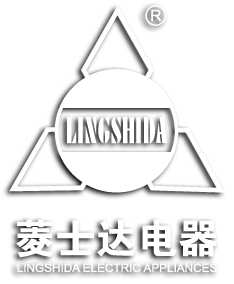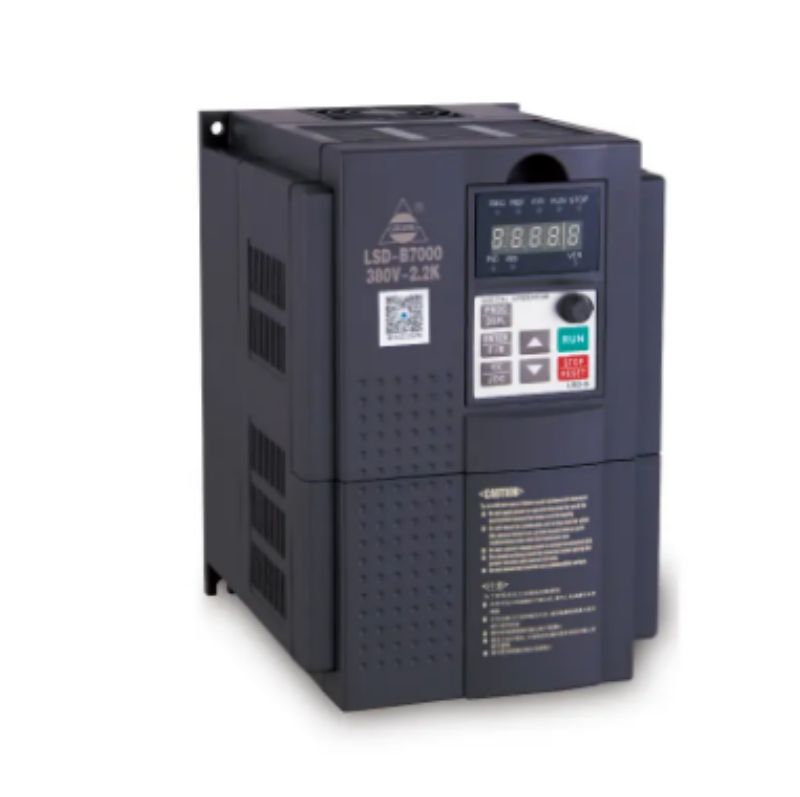In today’s fast-paced world, technology plays a vital role in almost every aspect of our lives. One such technological marvel is the frequency converter, a device that allows for the conversion of electrical energy from one frequency to another. These versatile devices find their applications in a wide variety of industries and have become an integral part of modern-day operations. In this article, we will explore general type frequency converters and their various applications.
So, what exactly is a frequency converter? In simple terms, it is a device that converts electrical power from onefrequency to another. This conversion is essential when electrical systems operating at different frequencies need to be integrated or when the frequency of the power source needs to match the requirements of a particular application. Frequency converters come in different types, but in this article, we will focus on the general type.
The general type frequency converters are typically electronic devices that are capable of converting AC power at a fixed frequency to variable frequency AC power. This type of converter offers precise control and flexibility in adjusting the output frequency according to the specific needs of the application.
One of the primary applications of general type frequency converters is in industrial processes. Industries such as manufacturing, metalworking, and machinery rely heavily on these devices to control the speed of motors and other electrical equipment. By adjusting the frequency, the speed of motors can be optimized to improve efficiency and minimize energy consumption. This, in turn, reduces operational costs for businesses.
Another significant application of general type frequency converters is in renewable energy systems. As the world moves towards clean and sustainable energy sources, frequency converters are instrumental in integrating renewable energy into the existing electrical grid. For instance, solar power generated at a particular frequency can be converted to match the grid frequency using a frequency converter, allowing for efficient energy transfer and utilization.
Furthermore, general type frequency converters are also utilized in medical applications. In medical equipment, precision and accuracy are of utmost importance. Frequency converters play a crucial role in providing stable power at the required frequency to ensure smooth operation of various medical devices such as MRI scanners, X-ray machines, and surgical tools. These converters help in maintaining the reliability and safety of medical equipment, thus safeguarding patient well-being.
In recent years, the use of frequency converters has also gained momentum in the field of transportation. Electric vehicles (EVs) are becoming increasingly popular as a sustainable alternative to traditional gasoline-powered cars. General type frequency converters enable the efficient charging and discharging of the batteries in EVs. They ensure that the energy supplied matches the requirements of the vehicle, optimizing charging times and extending battery life.
In conclusion, the general type frequency converters have revolutionized various industries and applications. From industrial processes to renewable energy integration, from medical equipment to electric vehicles, these devices have emerged as indispensable tools for converting electrical power and ensuring the smooth operation of a wide range of equipment. Their precise control, flexibility, and efficiency make them an essential component in today’s technologically advanced world. As industries continue to evolve and newer technologies emerge, the demand for general type frequency converters is only expected to grow, leading to further advancements and innovations in their design and capabilities.
Post time: Nov-17-2023

